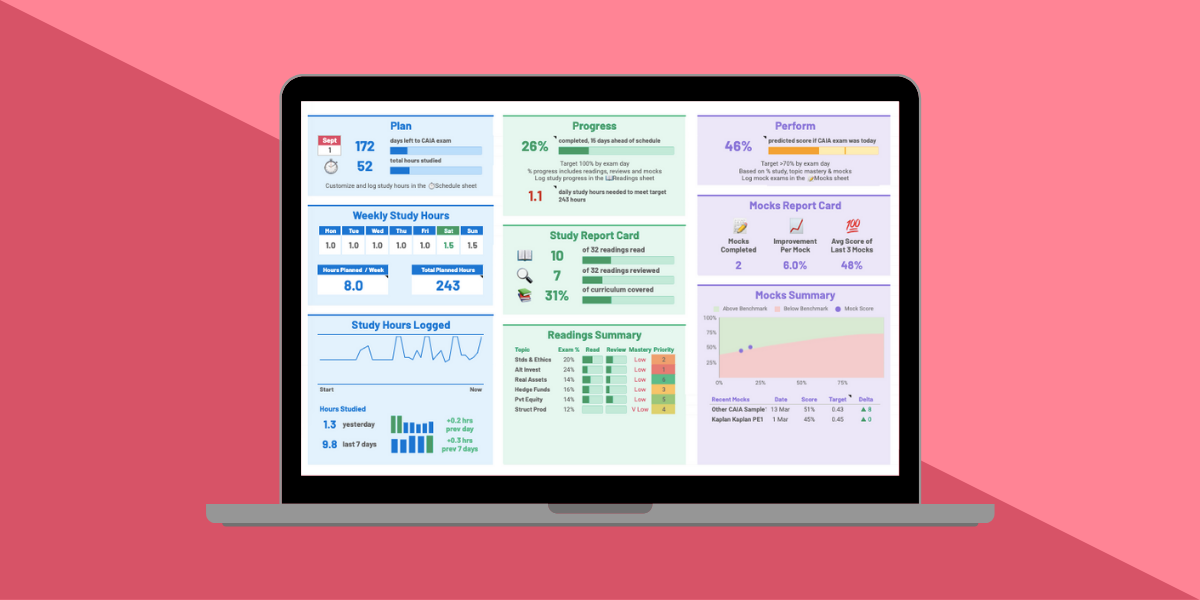Learning Management System Software: Elevate Education
In today’s digital age, education has transcended traditional boundaries, thanks to technological advancements. One such innovation that has revolutionized the way we learn is Learning Management System Software. But what exactly is an LMS? Essentially, it’s a software application designed to streamline the administration, documentation, tracking, reporting, and delivery of educational courses or training programs.
What is an LMS?
An Learning Management System Software serves as a centralized platform where educators can create, manage, and deliver content, while learners can access resources, participate in activities, and track their progress—all in one place. It acts as a virtual classroom, breaking down geographical barriers and enabling anytime, anywhere learning.
Importance of LMS in Education
The significance of Learning Management System Software in education cannot be overstated. It facilitates personalized learning experiences, fosters collaboration among students and instructors, enhances engagement, and empowers educators with data-driven insights into student performance.
Features and Benefits of LMS Software
LMS software comes equipped with a myriad of features designed to enhance the teaching and learning experience.
Customization Options
LMS platforms offer extensive customization options, allowing educators to tailor the learning environment to suit their unique teaching style and the needs of their students. From designing interactive multimedia content to creating assessments, the possibilities are endless.
User-Friendly Interface
One of the hallmarks of a good Learning Management System Software is its intuitive and user-friendly interface. Whether you’re a tech-savvy educator or a novice learner, navigating the platform should be seamless and straightforward, ensuring a hassle-free experience for all users.
Accessibility and Flexibility
Learning Management System Software promotes accessibility and flexibility by offering round-the-clock access to learning materials. Whether students are on campus or studying remotely, they can log in to the platform at their convenience, allowing for a more flexible learning schedule.
Tracking and Reporting
Another key feature of Learning Management System Software is its robust tracking and reporting capabilities. Educators can monitor student progress in real-time, track completion rates, and generate detailed reports to gain insights into learning outcomes and identify areas for improvement.
Top LMS Software Solutions in the Market
With a plethora of LMS solutions available in the market, choosing the right one can be a daunting task. Here are some of the top LMS software solutions that have gained widespread popularity in the education sector:
Moodle: An open-source LMS known for its versatility and scalability.
Canvas: A cloud-based LMS favored for its user-friendly interface and extensive integration options.
Blackboard Learn: A robust LMS platform offering advanced features such as virtual classrooms and social learning tools.
Google Classroom: A free LMS solution seamlessly integrated with Google’s suite of productivity tools.
How LMS Software Enhances Education

The adoption of LMS software has ushered in a new era of education, characterized by personalized learning experiences, enhanced collaboration, and more effective assessment methods.
Personalized Learning Experience
LMS software allows educators to create customized learning paths tailored to each student’s unique learning style, pace, and preferences. By offering personalized feedback and adaptive Learning Content Management System activities, educators can cater to the diverse needs of their students more effectively.
Collaboration and Communication
One of the greatest strengths of Learning Management System Software is its ability to facilitate collaboration and communication among students and instructors. Whether through discussion forums, group projects, or virtual classrooms, LMS platforms create opportunities for meaningful interaction and knowledge sharing.
Assessment and Feedback
Gone are the days of traditional paper-based exams. Learning Management System Software enables educators to administer assessments online, providing instant feedback to students and enabling them to track their progress in real-time. This timely feedback fosters a culture of continuous improvement and empowers students to take ownership of their learning journey.
Implementing LMS Software in Educational Institutions
While the benefits of LMS software are undeniable, successful implementation requires careful planning and consideration of various factors.
Training and Support
Educators and students alike must receive comprehensive training and ongoing support to make the most of LMS software. Investing in professional development opportunities and providing access to technical support ensures a smooth transition and maximizes the platform’s potential.
Integration with Existing Systems
For seamless integration, Learning Management System Software should be compatible with existing educational systems and technologies. Whether it’s integrating with student information systems or third-party applications, compatibility is key to ensuring a cohesive learning ecosystem.
Data Security and Privacy
Protecting sensitive student data is paramount when implementing LMS software. Educational institutions must adhere to strict security protocols and compliance regulations to safeguard student information and maintain trust among stakeholders.
Case Studies: Success Stories of LMS Implementation
To illustrate the transformative power of LMS software, let’s explore some real-life success stories of educational institutions that have embraced this technology and witnessed remarkable results.
[Include case studies highlighting the impact of LMS implementation in various educational settings.]
Future Trends in LMS Software Development

As technology continues to evolve, so too does the landscape of LMS software development. Here are some emerging trends that are shaping the future of LMS:
Artificial Intelligence: AI-powered features such as personalized learning algorithms and virtual assistants are poised to revolutionize the LMS landscape.
Mobile Learning: With the rise of mobile devices, LMS software is becoming increasingly mobile-friendly, enabling learners to access content on the go.
Gamification: Incorporating gamification elements such as badges, leaderboards, and rewards into LMS platforms can enhance engagement and motivation among students.
Conclusion
In conclusion, Learning Management System (LMS) software has emerged as a game-changer in the field of education, offering unprecedented opportunities for personalized learning, collaboration, and assessment. By harnessing the power of LMS software, educational institutions can create dynamic and engaging learning environments that empower students to reach their full potential.


